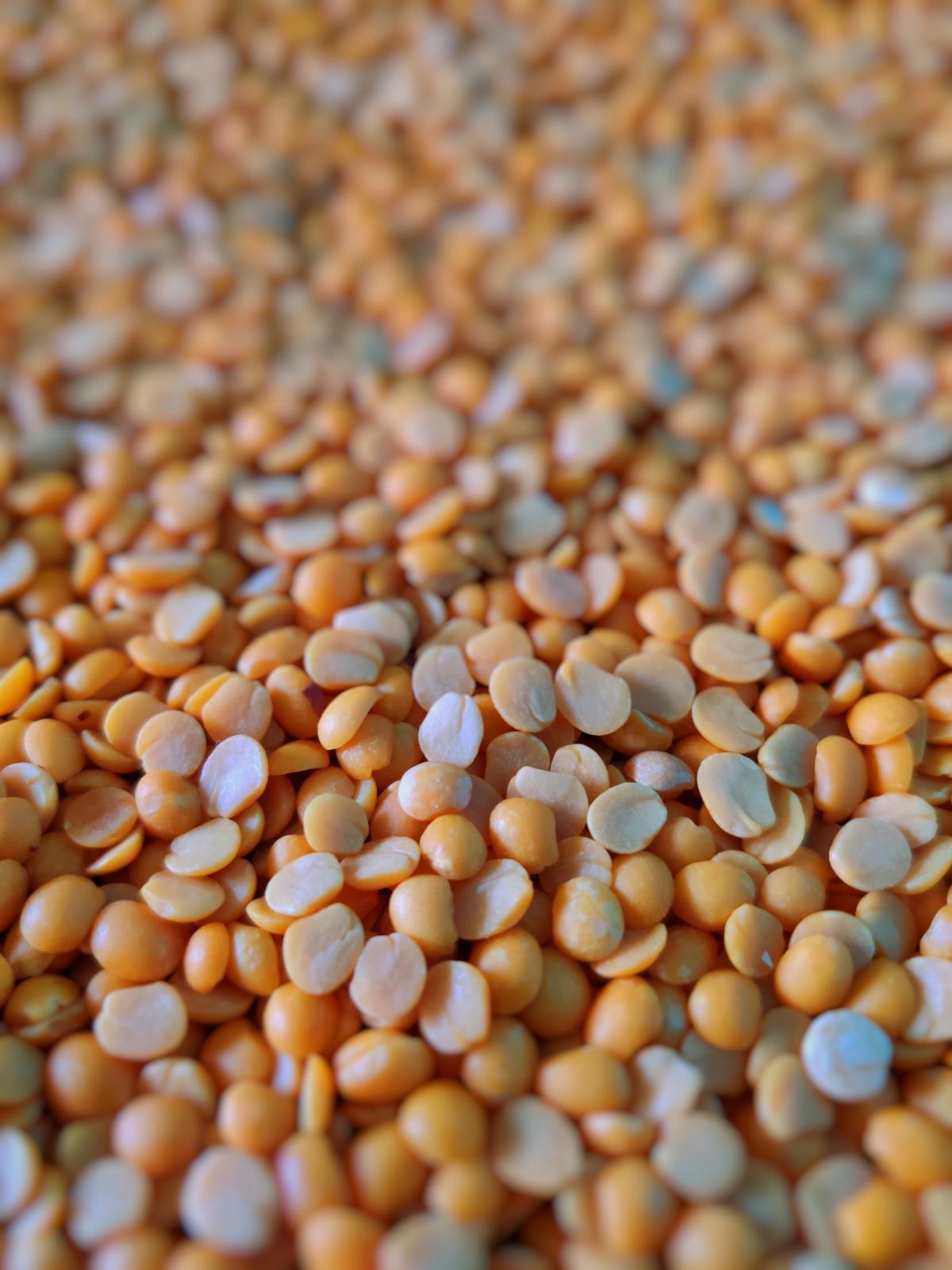Protein crops – plants with natural occurring complex combinations of amino acids, which include peas, beans, and lentils – are consistently highlighted as a solution to the complex demands placed on UK agriculture, and yet development is slow. Currently these crops constitute just 0.8% of UK agricultural land and 0.3% of production by weight and 0.4% by value. This share of UK agriculture has declined for several decades. Demand for protein crops, especially for human consumption, is almost entirely met by imports from Brazil, Canada, and the US.
The case for greater domestic production of protein crops is strong – and growing. Under most growing conditions, pulses do not require nitrogen fertiliser, thus lowering nutrient inputs and carbon emissions, they are insect-pollinated, thus boosting wildlife and biodiversity, they are healthy sources of protein, and they could contribute to food self-sufficiency and reduce the need for imports that are rising in cost. As a non-animal protein, pulses and other protein crops also have a range of secondary benefits in displacing demand for meat protein and the well-documented impacts of animal agriculture. Studies have shown that for UK diets to change to meet the UK Government’s Eatwell Guide for a healthy diet on the same budget, the largest change is an increase in bean and pulse consumption.
There are also signs of a shift underway. The United Nations declared 2016 as the ‘International Year of Pulses’, putting the crop in the spotlight for many of its food and agriculture campaigns. Pulses have begun to get attention as an important part of meat-free and gluten-free diets. Even the label of ‘poor man’s meat’ in much of the developed world is starting to be shed; reporting that Prince George was served Puy lentils at St. Thomas’s school has shot demand for the product to new heights.
This interest in products is not necessarily connected to UK agriculture – at least not directly. Agricultural products are highly traded and this is especially true for dry products like pulses. The Puy lentils served to Prince George were from France, and much of the products on retail shelves come from Canada. Is this situation inevitable, or could protein crops shake-up UK agriculture? What are the barriers to development and what needs to change? Is there a role for policy-making to shape the future of the industry to align with the complex and diverse objectives for UK farming? This report seeks to answer these questions in the following sections.
This report was originally published by the Vegan Society here.
